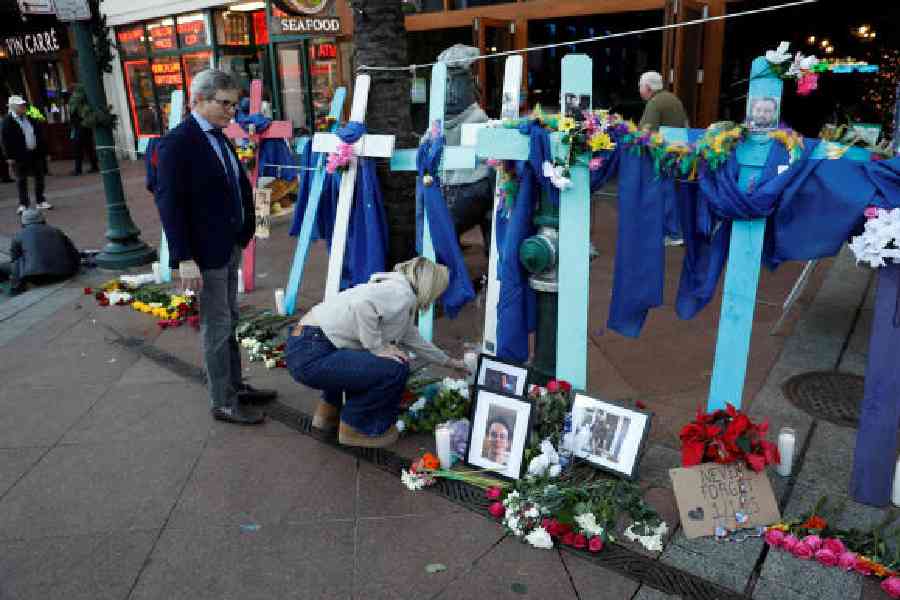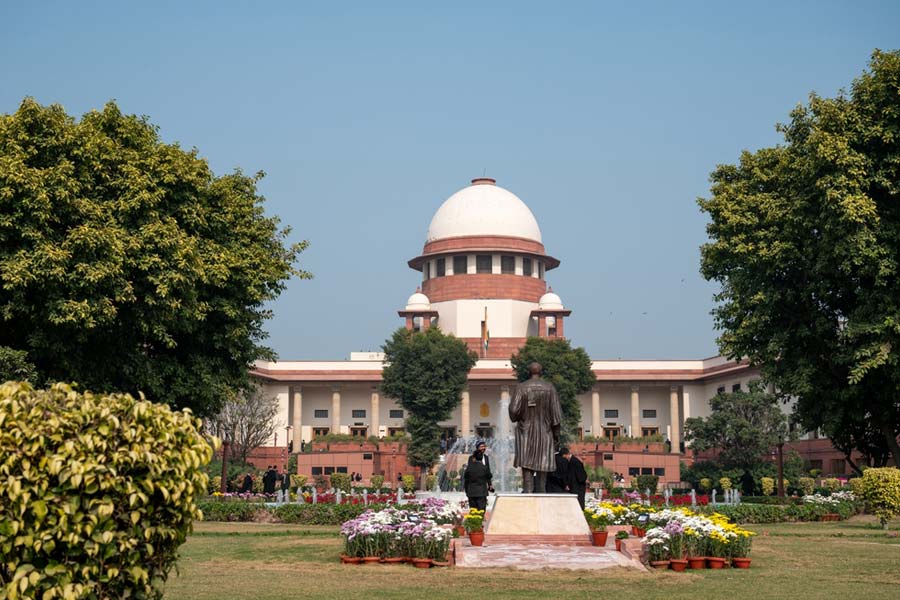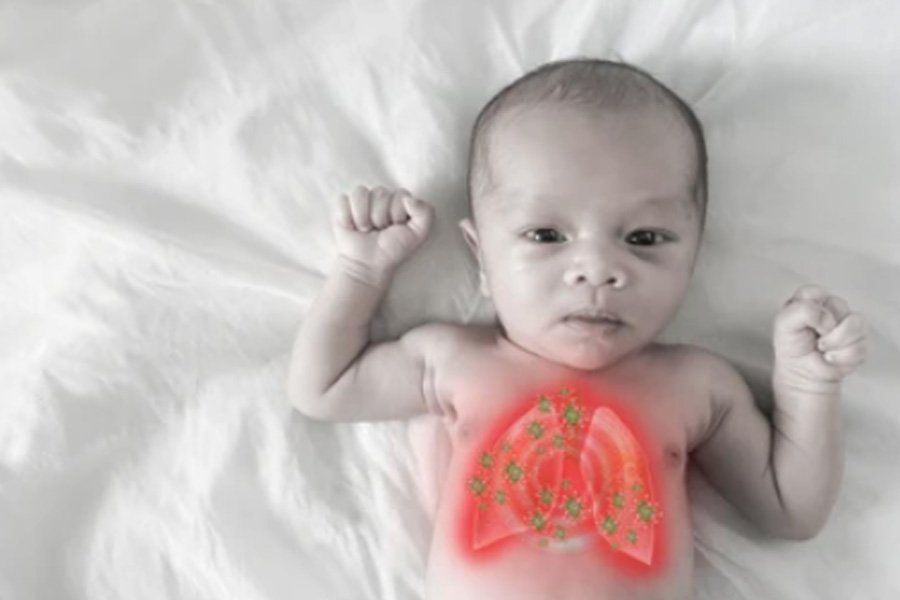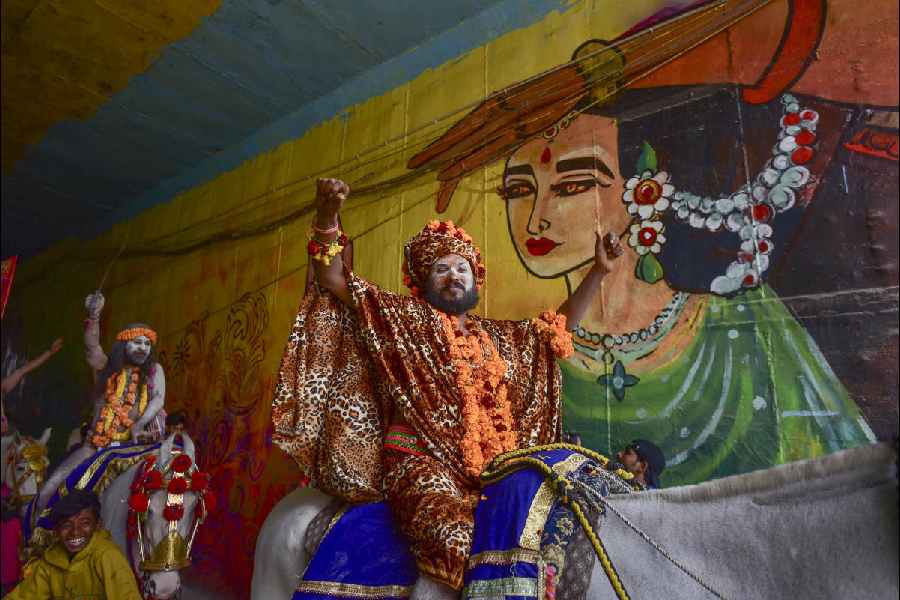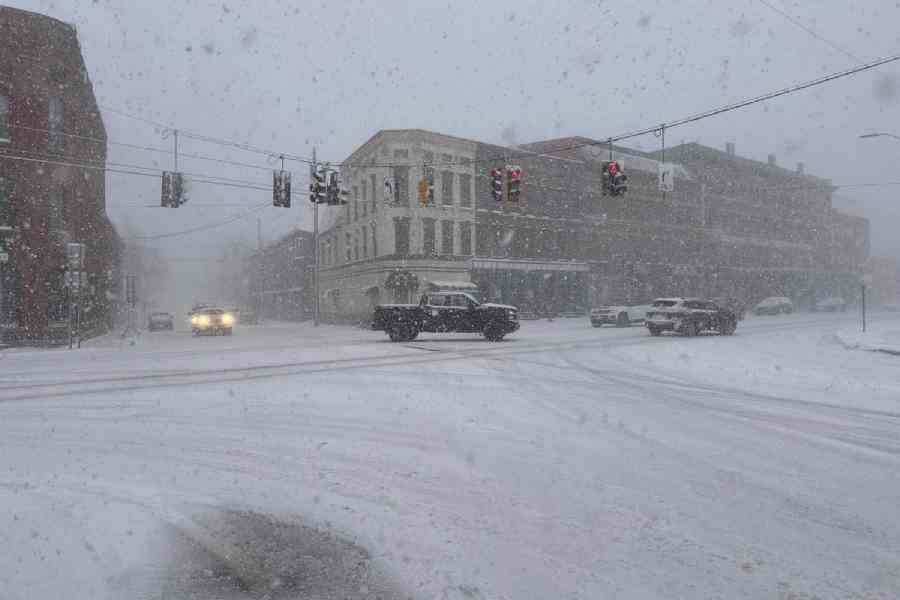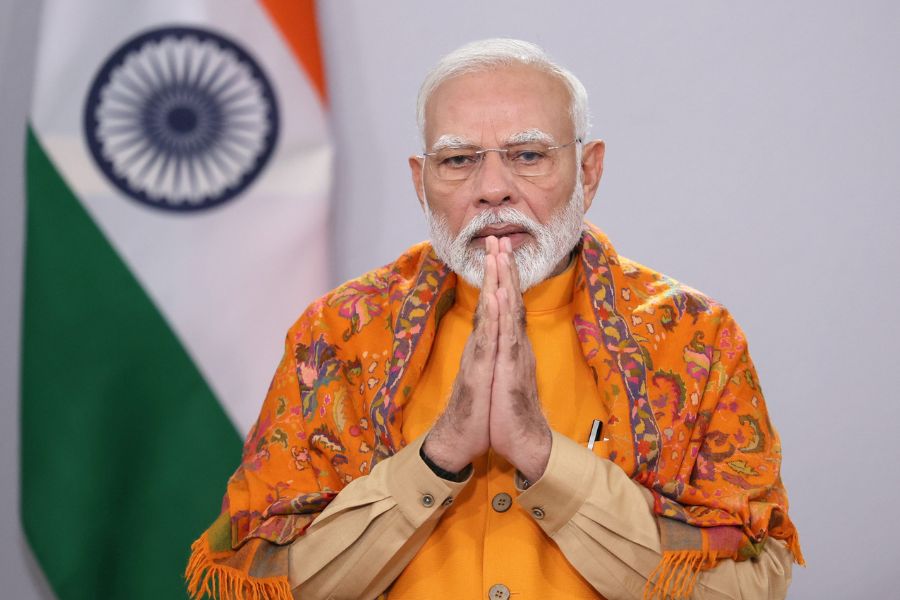His electric truck was already headed towards New Orleans, travelling from his trailer home outside Houston and past the twinkling oil refineries to the east, when Shamsud-Din Jabbar began capturing a video on his phone in the dark.
"I wanted to record this message for my family," Jabbar said. "I wanted you to know that I joined IS earlier this year."
Jabbar then added a chilling addendum.
"I don't want you to think I spared you willingly," he said, according to details of the video reviewed by The New York Times. He told his family that he had previously conceived of organising a "celebration" for them and then making everyone "witness the killing of the apostates".
The words were among Jabbar's last before he ploughed his rented pickup truck through early morning New Year's crowds on Bourbon Street in New Orleans, killing 14 people before dying in a shootout with the police. He carried with him in the truck the flag of the Islamic State terrorist group, better known as IS.
The devastating violence revealed a secret radicalisation that confounded his loved ones, who knew him as a decorated army veteran who held a $1,20,000-a-year job as a "senior solutions specialist" focused on government and public services at the international accounting firm Deloitte. Days later, investigators were still trying to trace exactly how Jabbar had managed to descend into such a murderous state without detection.
But new details from recordings, interviews and public records trace Jabbar’s growing discontent with American society and a shift towards what was at first a more conservative version of Islam, and then something much darker.
Much of the scrutiny is on the past year when Jabbar deepened his isolation from others as he moved into a Muslim neighbourhood just north of Houston, a cluster of mobile homes where chickens, goats and cats roam freely through backyards.
Even as he found himself surrounded by fellow believers, in a community situated within walking distance of one mosque, and a short drive from a second, he remained an outcast, several neighbours said.
He holed up alone in his home, keeping visitors away and limiting contact with neighbours. A neighbour recalled that Jabbar had grown his beard long and then cut it short again.
Several residents said they had never seen him at prayers at the nearest mosque, and the spokesman for the one farther away also said he did not remember him attending.
"We'd never seen him here worshipping in our lives, and I've been in this community since 2008," one local resident, Taha Mohamed, said as he attended a prayer service on Thursday evening.
Jabbar did not discuss his growing hard-line religious beliefs with those around him, his neighbours said, even as he occasionally posted audio recordings espousing a conservative interpretation of Islam.
At Jabbar's house, there were signs of a dual life. On his patio, the man who had worked for years in real estate and information technology had left behind several real estate yard signs. Inside, a laptop sat on a workstation with two monitors, and a bookshelf contained both the Quran and a book about Christianity.
Investigators wrote in documents of finding more ominous items that Jabbar had left behind, including supplies that could be used for an explosive device: acetone, bottles of sulfuric acid and bags labelled as potassium nitrate.
At the three-bedroom home in Beaumont, Texas, where Jabbar grew up, family members gathered this week and looked through photos of his life that showed him smiling in his Little League gear and in a flowing red graduation gown and cap.
Jabbar had what seemed to be a relatively ordinary upbringing, said Abdur Rahim Jabbar IV, a 24-year-old half-brother. He loved school and got good grades.
Jabbar’s father grew up as Christian but later turned to Islam, changing his last name from Young to Jabbar and also giving some of his children Arabic names. Still, many members of the family, who are all African-American, continued attending a local Baptist church.
New York Times News Service

